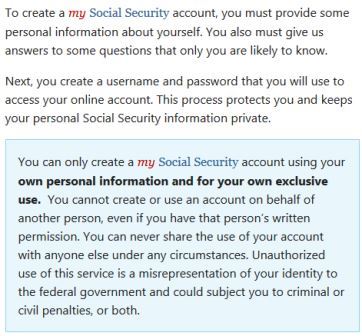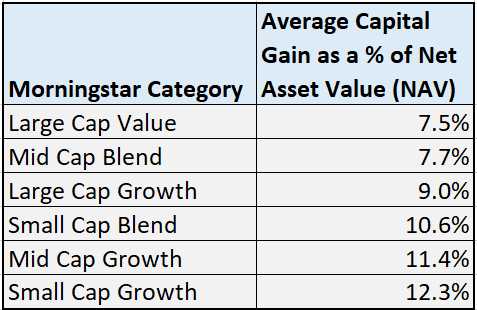President Trump signed the tax reform bill this morning. Most provisions are set to take effect in 2018, but many of those are also set to expire or sunset in 2025. Here's a summary of what we think are the major changes that will affect our clients. We will have a more in-depth analysis and summary in our year end newsletter.
1. Reductions in individual tax rates. The bill retains the current structure of seven investor tax brackets, but lowers five of them. It also includes the sunset provision, meaning it's a temporary arrangement from 2018 to 2025.
Here's the breakdown of the new vs. current marginal tax rates:
|
Current Marginal Tax Rate
|
Proposed Marginal Tax Rate
|
Income Level (Single Filers)
|
Income Level (Couples Filing Jointly)
|
|
10%
|
10%
|
$0 -- $9,525
|
$0 -- $19,050
|
|
15%
|
12%
|
$9,525 -- $38,700
|
$19,050 -- $77,400
|
|
25%
|
22%
|
$38,700 -- $82,500
|
$77,400 -- $165,000
|
|
28%
|
24%
|
$82,500 -- $157,500
|
$165,000 -- $315,000
|
|
33%
|
32%
|
$157,500 -- $200,000
|
$315,000 -- $400,000
|
|
35%
|
35%
|
$200,000 -- $500,000
|
$400,000 -- $600,000
|
|
39.60%
|
37%
|
$500,000 and up
|
$600,000 and up
|
2. Reduction in corporate tax rate to a maximum rate of 21% (a reduction from 35%). Also, corporate income earned abroad and brought back to the United States will be taxed between 8 and 15.5%, instead of the current 35%. These are permanent reductions.
3. Standard Deductions increasing nearly 90%. For married couples filing jointly, the standard deduction rises to $24,000 from $12,700; for single filers, it moves to $12,000 from $6,350.
4. Additional changes to Itemized Deductions. These vary, and some might be more impactful than others.
- Personal exemption ending, but child tax credit increasing. The bill ends the personal exemption of $4,050 for you, your spouse, and your dependents; it doubles the child tax credit to $2,000 per dependent child under age 17.
- Limits to state and local taxes ("SALT"). Under the bill, you may only deduct up to $10,000 in state and local taxes, including sales, income, and property taxes. This deduction was not previously subject to limitation.
- Caps on mortgage interest. The bill allows mortgage interest deductions for current homeowners, but caps the interest deduction at $750,000 in mortgage debt for homes bought in 2018 and beyond, down from the $1 million limit in place now. It eliminates deductions for interest on home-equity loans, as well as deductions for moving expenses and employer-provided expense reimbursements (except for members of the military).
- Expands medical deductions. Current law allows for deduction of medical expenses over 10% of adjusted gross income (AGI). The bill lowers the threshold to 7.5%.
5. Changes to estate planning. The bill doubles the estate tax exemption to $10 million, but it's also indexed for inflation after 2011. The bill also calls for doubling the value threshold on the 40% levy on estates worth nearly $11 million for individuals and $22 million for couples. The estate tax exemption also has the sunset provision, meaning that the bill calls for a reversion back to current exemption amounts in 2026.
6. Charitable deductions. Although the current tax deductions stay in place, the doubling of the standard deduction to $24,000 essentially raises the threshold on deductibility. Taxpayers will have to itemize donations to get the benefit.
From all of us at Asset Planning, Inc. we wish you a wonderful Holiday Season!
*Asset Planning, Inc. does not provide tax advice. We suggest clients consult with a tax-planning professional with regards to their personal circumstances.



 Request a replacement Social Security card if you meet
Request a replacement Social Security card if you meet 